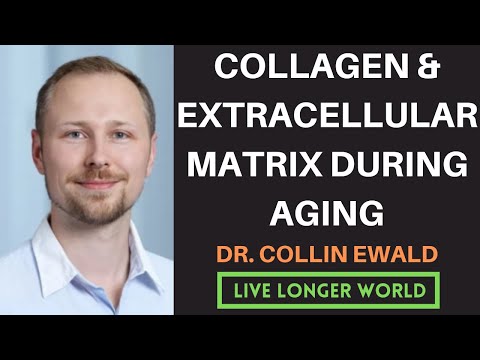Thoughts on skin aging from 81 years of experience:
There are literally tens of thousands of various skin creams and compounds reported to beautify your skin.
Here’s what has worked for me:
Tretinoin: The gold standard as far as I am concerned for producing nice skin and reducing fine wrinkles
Amlactin 12% Lactic Acid Daily Moisturizing Lotion: Almost as good as tretinoin at reducing fine wrinkles and better than tretinoin for clearing up many skin conditions and produces a nice soft complexion and keeping your skin moisturized.
Aloe Vera: A distant third, but wonderful for cooling overheated skin and reducing many blemishes.
I have never had acne problems, even with rapamycin, so I have never used any of the “OXY” creams or lotions
Meh! Category:
Other daily moisturizing lotions with hyaluronic acids, retinols etc.: some smell good, some feel good, and I use a hyaluronic-based one when I am not using Amlactin.
When it comes to price vs results, these fall in the poor category
Hyaluronic acid and collagen supplements. They may do something but, as I can attest, very little for the amount of money spent.
I have high hopes for rapamycin applied externally, long term. It certainly has had a very significant effect on my sun-damaged skin after eight months of oral dosing.
While I consider rapamycin a wonder drug, it certainly isn’t a miracle drug.
Two main things to do for your skin while you are young if you want to look good when you’re old:
1: Stay out of the sun. Tremendous evidence indicates it is not your friend. Get your vitamin D from supplements.
2: Do not allow yourself to become significantly overweight, and by that I mean do not become obese. Besides obesity shortening your life it will stretch your skin to the point that it may not be able to recover. Skin, unfortunately, begins to lose elasticity over the age of ~25 years.
"Experts have found that skin aging typically starts around age 25. In our mid-20s, our bodies gradually start to stop producing as much collagen as before which causes our skin to lose elasticity. "
“While you can’t turn back the clock, early prevention is key. You can slow down skin aging and keep your skin healthier for longer.” I disagree with this statement. You certainly can turn back the clock on fine lines and blemishes.


